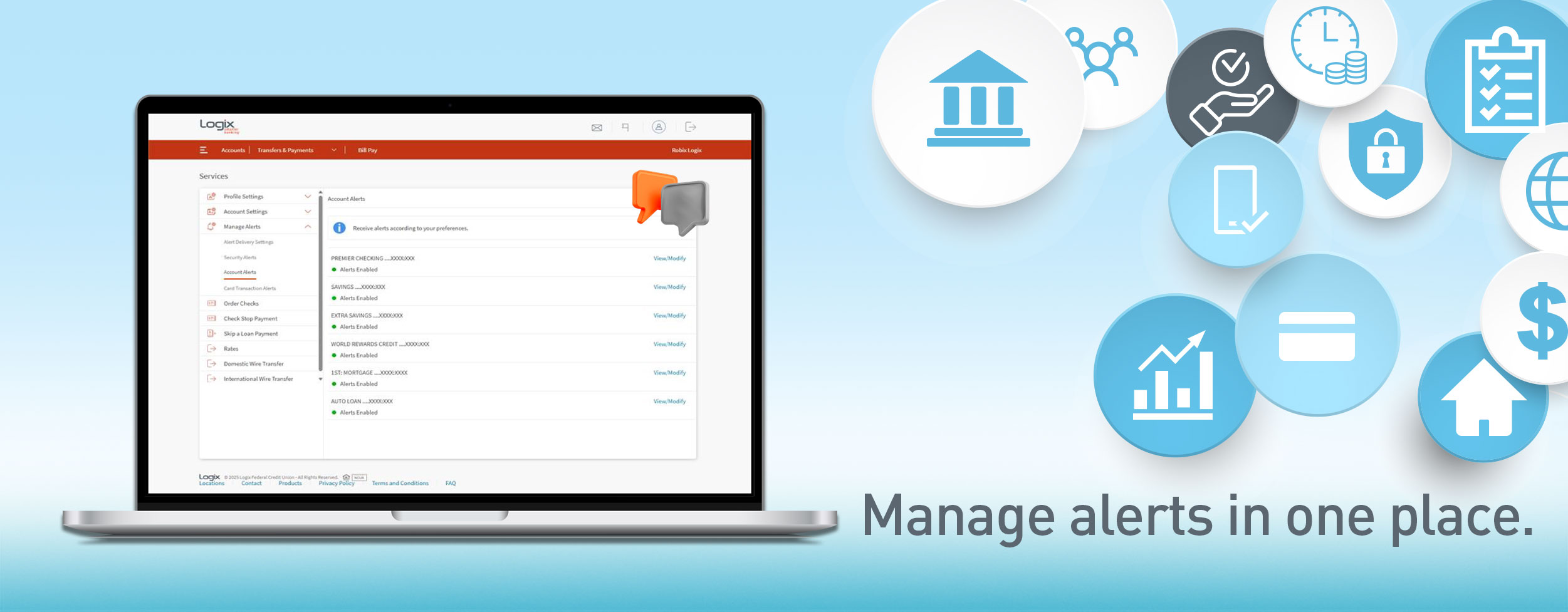
A conventional home mortgage is a type of home loan that is NOT backed or insured by a government agency like the Federal Housing Administration (FHA) or the Department of Veterans Affairs (VA), but many conventional loans end up being purchased by Fannie Mae and Freddie Mac. Instead, conventional mortgages are typically offered by private lenders such as banks, credit unions, and mortgage companies. These loans often require a higher credit score and a larger down payment compared to government-backed mortgages. Conventional mortgages can be used for various types of 1 - 4 unit homes, including primary residences, second homes, and investment properties. They are a common choice for homebuyers with good credit and financial stability.
Conventional loan market share (versus government-backed loans, FHA/VA) has ranged from about 55% to approximately 80% in recent years.
What do you believe drives changes in the popularity of these loans?
Changes in popularity can range from a few different factors:
- Conventional loans tend to become more attractive when interest rates are low because borrowers can secure better terms. However, government-backed loans may become more appealing when rates rise due to their fixed rates, lower payments and easier guidelines.
- The overall health of the economy can impact loan preferences. During economic downturns, government-backed loans like FHA and VA loans may be favored for their lower down payment requirements and more lenient credit standards.
- Government policies and regulations can affect the attractiveness of different loan types. Changes in lending standards, loan limits, or mortgage insurance requirements can influence borrower choices.
- The state of the housing market, including home prices and inventory levels, can impact loan choices. Buyers may lean towards government-backed loans in a competitive seller’s market for easier qualification and more options.
- The demographic profile of borrowers can also play a role. First-time homebuyers may be more inclined toward government-backed loans, while repeat buyers with stronger credit histories may opt for conventional loans.
- Local Market Conditions: Regional factors such as housing demand, employment opportunities and local lending practices can affect loan popularity.
- Public perception and sentiment about the stability of government-backed programs and the private mortgage market can drive preferences for one product over the other.
What do you believe is the most pervasive myth about conventional mortgage financing?
One of the most pervasive myths about conventional mortgage financing is that you need a 20% down payment to buy a home. While a larger down payment can have advantages, there are many loan programs that allow for lower down payments, sometimes as low as 3% to 5% of the home’s purchase price. However, it’s essential to consider factors like private mortgage insurance (PMI) for low-down payment options, as it can add to your monthly costs.
For the full article and in-depth insights, please click here.
-------------------------
Please contact Logix at (800) 328-5328 or visit www.lfcu.com if you have any questions about this topic or would like to consider opening an account.
Logix Smarter Banking is a registered trademark of Logix Federal Credit Union.




%20(952%20x%20317%20px)-2.png)






